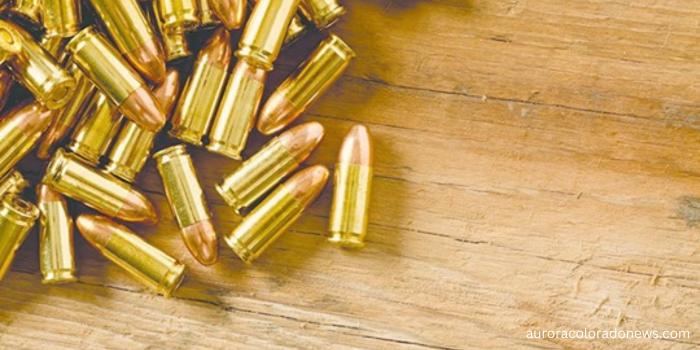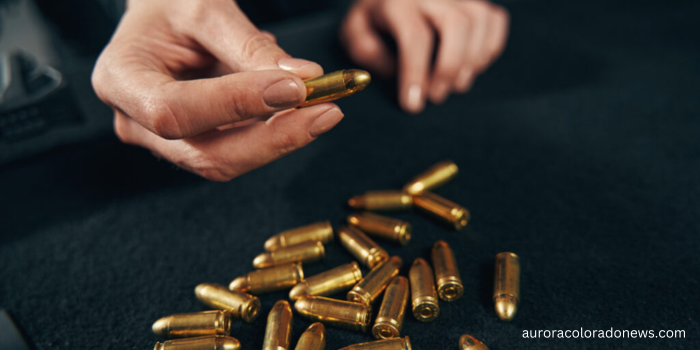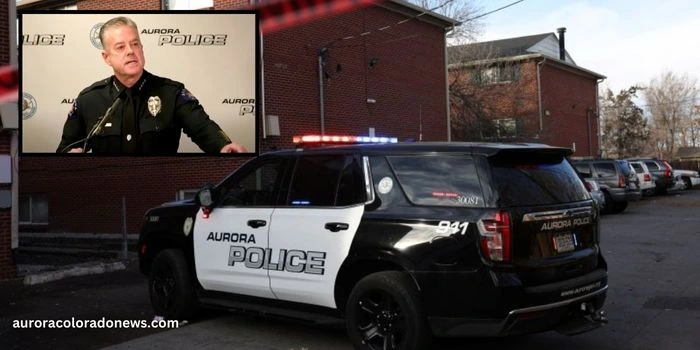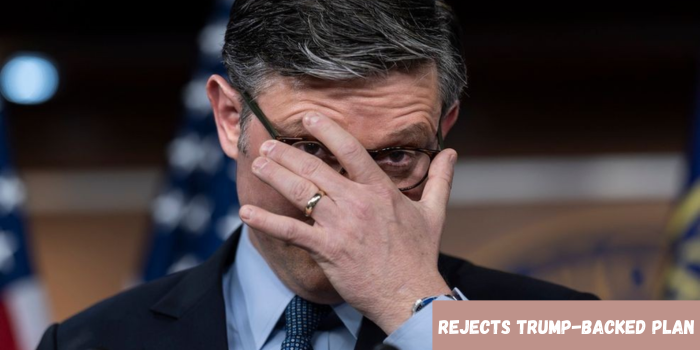DENVER, CO—In April 2024, Colorado voters will approve a new 6.5% tax on firearms, ammunition, and gun parts. With a focus on helping victims of domestic abuse, this voter-approved system, called Proposition KK, aims to raise an estimated $39 million a year to support victim services through the state. However, it is unclear if this tax will produce the expected amount of money and how it will impact the sale of firearms.
Tax Aimed At Addressing Growing Need For Victim Services
Services for victims of crime and activity, like victims of domestic abuse, will be the main beneficiaries of the new gun tax. Particularly during the COVID-19 pandemic, Colorado has seen a sharp increase in firearms-related fatal accidents, and victim services have become more important. Recent years have been a dramatic decline in federal support for these services, which reduced by 76% from about $57 million in 2018 to about $14 million in 2024. The purpose of the suggested gun tax is to close this budget deficit and ensure that victims who require victim services continue to have access to them.

Impact on Firearm Sales: Will Consumers Be Affected?
Manufacturers of firearms, dealers, and ammunition suppliers that make at least $20,000 annually will be subject to the new tax; it is yet not clear, though, if the tax will have a major impact on Colorado’s gun sales Analysts are unsure if it will alter consumer behavior, particularly since citizens may decide to buy firearms in nearby states like Wyoming and Utah, which do not impose such a levy. Concorens regarding the tax’s possible effects on gun purchases were voiced by Emily Betz, director of the University of Colorado School of Medicine’s firearm injury prevention initiative. According to her, “ the question is whether or not that will change gun sales.”.
Support For Domestic Violence Victims
There are hotlines, shelters, therapy, and legal agencies that can help victims of domestic abuse. For safety planning, emotional support, and assistance in requesting protection orders, victims can get in touch with local groups. Numerous nations have round-the-clock hotlines that link victims with qualified experts. Support can also be provided by friends and family by demanding the victim get help and listening to them without passing judgment. Victims deserve protection and care, and it’s critical to know that assistance is available.
Concerns From Firearm Retailers
The tax’s proponents contend that it will provide vital funds for victim services, while local gun store owners are worried about how it might affect their operations. Some are concerned that the tax may encourage people to purchase firearms from states without such laws.
Northwest Outfitters owner Frank Sadvar of Craig, Colorado, expressed worries about how the tax would affect sales. “People have already suggested that we run to Utah or Wyoming instead,” he stated. Similar feelings are being expressed by other border town store owners, as some consumers will rather drive to neighboring states in order to avoid paying the new tax.
The tax also infuriated Jesse Fine, who owns a small gun store in Cortez, Colorado, saying it unfairly singles out gun owners and makes it more difficult for small businesses to compete. According to him, “it makes it hard for a mom-and-pop shop to stay in play.”
The Road Ahead: Balancing Public Health And Business Concerns
Although it is anticipated that the new gun tax will significantly increase financing for victim support programs, it is unclear how it will affect small businesses and firearm sales in the long run. By addressing the social toll of firearms, the tax, according to economists like Rosanna Smart, co-director of the Rand Gun Policy in America initiative, could have significant positive effects on public health.
Although the tax’s objective is to provide money for victim services, some experts believe that taxing particular weapons or categories of harm may have a greater impact on lowering the number of gun-related injuries. For the time being, the new tax’s effectiveness will be determined by its impact on Colorado’s gun dealers and consumers, as well as if it generates the anticipated money.



